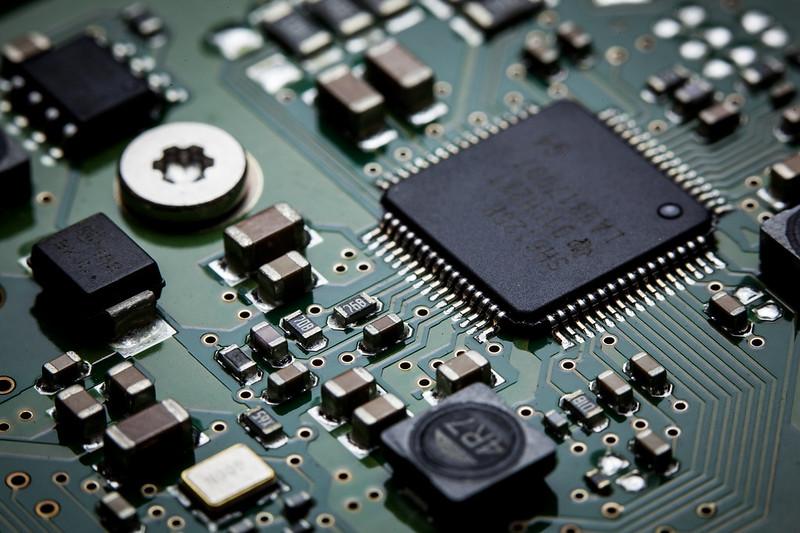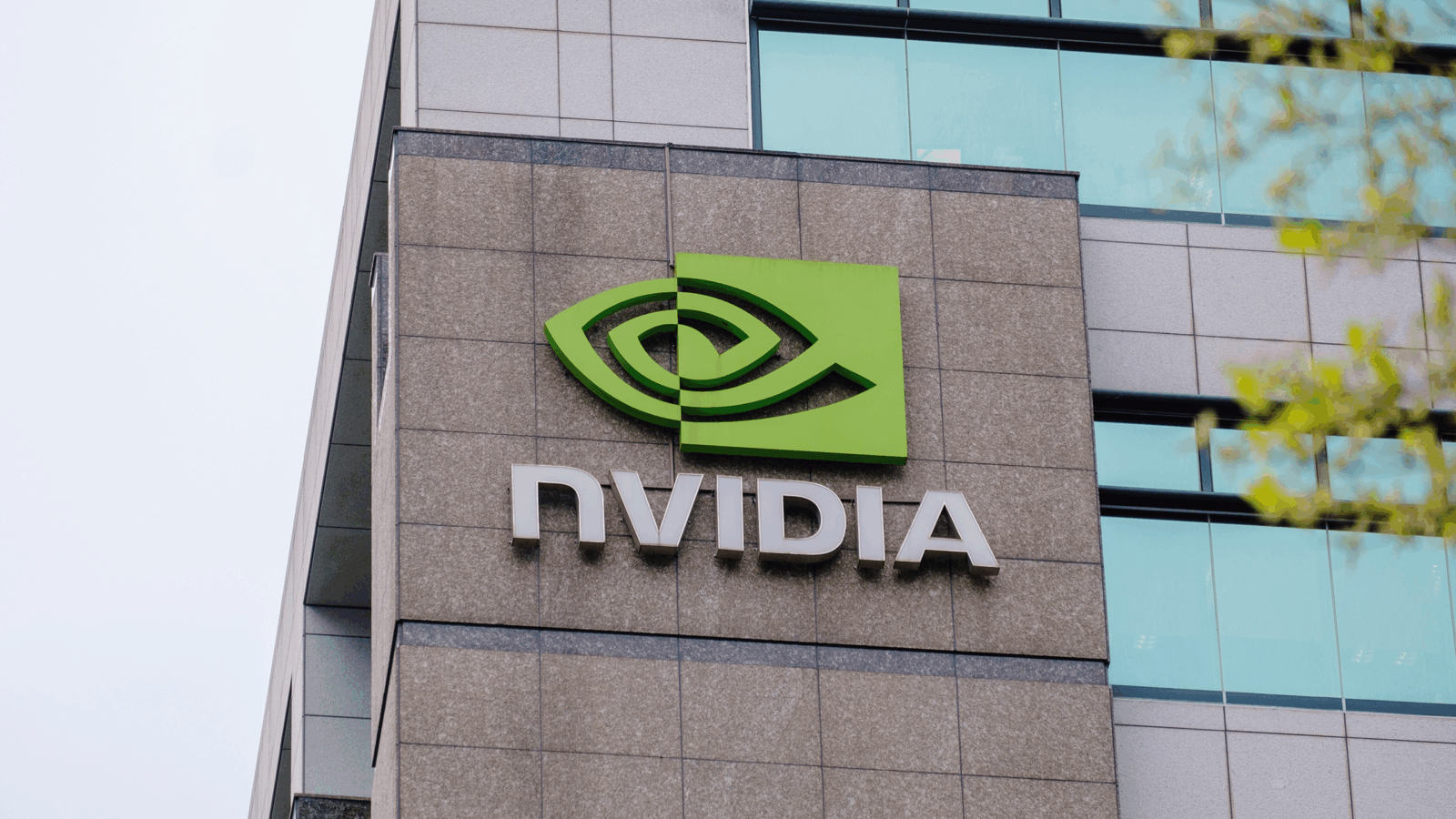
Sign up for smart news, insights, and analysis on the biggest financial stories of the day.
The Biden administration just fired the latest shot in the great Chip War. And NVIDIA is once again collateral damage.
The Commerce Department will soon propose new restrictions on the sale of some artificial intelligence computer semiconductors to China, according to a Wall Street Journal report, a further tightening of export controls announced in October. Among the hardware included in the plan’s scope: NVIDIA’s new A800 chip.
Keeping Up With the Regulation Joneses
Compared to their usual snail’s crawl, the feds are moving like an F1 race car. The latest rules could be in place as soon as next month, in hopes of blocking the delivery of some NVIDIA chips to customers in China, as well as other countries, sources told the WSJ. But for NVIDIA, the planned restrictions would mark something of a regulatory rope-a-dope.
The earlier restrictions made in October established certain technical thresholds designed to cut off foreign access to the most advanced US-developed AI chips — the scope of which included NVIDIA’s high-powered A100 chip. At the time, NVIDIA said the restriction could cost it $400 million in quarterly sales (for reference, the firm posted roughly $7.2 billion in revenue in its most recent earnings report). In response, the company developed the slightly less-powerful A800 chip to carefully avoid the government’s licensing restrictions altogether. But in this game of regulatory cat-and-mouse, for once it’s Tom staying one step ahead of Jerry:
- NVIDIA’s CFO Colette Kress said at an investors conference Wednesday that the company is aware of the looming restrictions, though said the massive demand for its chips would be enough to stem off any “immediate material impact.”
- However, the A800 chip has been quite popular among Chinese companies, financial services company Jefferies told the WSJ. Meanwhile, as much as 10% of NVIDIA’s data-center sales come from Chinese customers, according to Citi — though those same clients may have been bulk ordering hardware in anticipation of tighter restrictions to come.
Of course, NVIDIA would rather avoid any further escalation of a chip trade war. That would result “in a permanent loss of opportunities for the U.S. industry to compete and lead in one of the world’s largest markets,” Kress said at the investors conference.
Tokyo, Too: On other Chip War fronts, Japanese Investment Corp, a government-backed group, agreed this week to acquire publicly traded and Tokyo-based chipmaking material provider JSR for the cool price of $6.3 billion, or roughly a 35% premium on the company’s closing price on Friday. Stay tuned for our next newsreel from the microprocessing frontlines.











